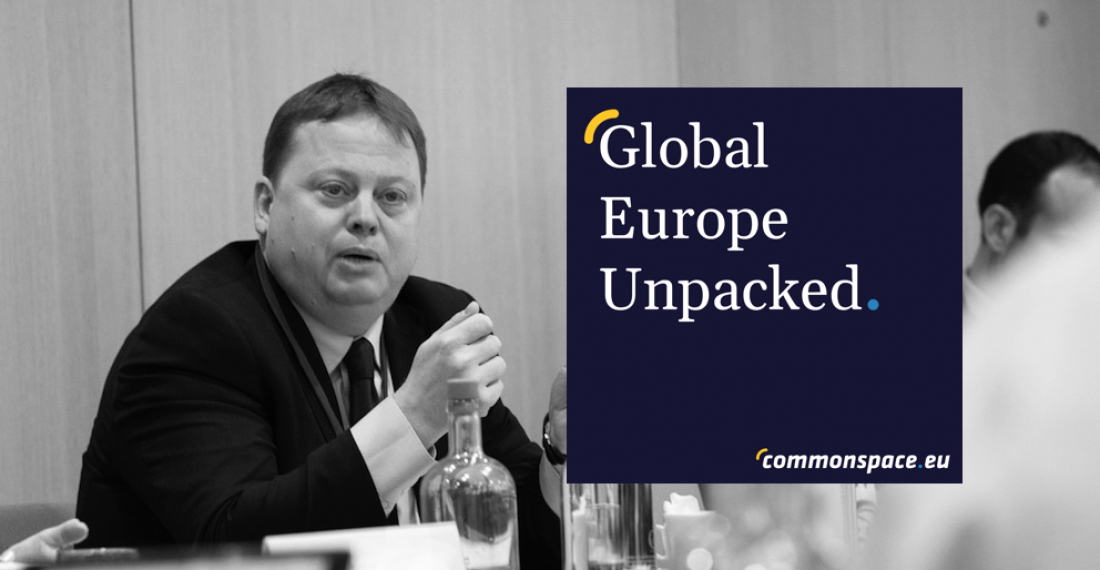“I think [the UK] underestimates that for the member states, the European Union is not an optional addition. It is a core part of how we function – not only domestically but also with the rest of the world.”
[The podcast is available on all of the usual channels, including Apple Podcasts, Spotify and Google Podcasts]
On the 31st of December 2020, after years of negotiations, the United Kingdom formally left the European Union. As the protagonist of this story, there has been much speculation over its fate, but what about the bloc that it has left?
As the EU pursues more global ambitions, what effects will the departure of one of its largest economies, and diplomatically experienced members, have on its ability to do so? Some in Europe hold a rather optimistic view – that whilst the bloc will experience some short-term issues, it will benefit overall from the departure of a member that was never truly committed to a cohesive Europe. On the other hand, some believe that other members will simply step into the UK’s shoes, to temper the ambitions of an “ever-closer” union, and the role that France and Germany are likely to play in it.
Apart from the political considerations, there are also some geographical truths. The UK remains just off the European coastline, with part of its territory on an island with a remaining EU member. Brexit may have muddied the relationship, but the UK and EU share fundamental values and can benefit from co-operation on many issues. But what shape is this likely to take?
As the UK appears more divided than it has for centuries, questions have also arisen regarding the prospect of a Scottish break from the British Union, and its ambition to re-join the European one. Would EU member states traditionally opposed to separatism of any kind now welcome it in with open arms? And what are the prospects for a future United Kingdom that wishes to change its mind and do the same?
In this episode of Global Europe Unpacked, I speak to Dr Fabian Zuleeg, the Chief Executive and Chief Economist of the European Policy Centre in Brussels, about:
- what the UK’s departure means for the EU and its global ambitions;
- the recent row over the diplomatic status of the EU’s ambassador to the UK and what it reveals about the current state of the EU-UK relationship;
- the likelihood of a hypothetical independent Scotland joining the EU;
- whether we are likely to see the UK itself rejoining any time soon; and
- how the UK and EU must approach their relationship going forwards.
It will also be broadcast on Radio GIPA FM 94.3 in Tbilisi, Georgia, on Thursday 28 January at 16:00 local time (13:00CET).






